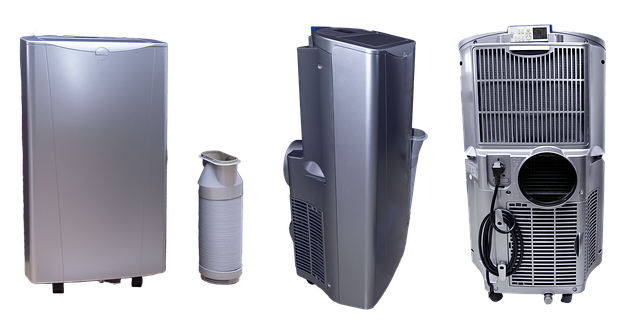
Choosing the best air conditioning system for your home or office may not be as straightforward as you believe, mainly if you have never purchased air conditioning before. You must select the ideal cooling or heating system for your environment and conditions.
When it comes to air conditioning, we at Endeavour Air Conditioning understand these challenges and help with air conditioning selection and installation. Are several rooms in need of cooling?
Consider installing central air conditioning or heating for the entire house. In case you need assistance with air conditioning installation or air conditioning replacement, we’re here to help. We promise that getting what you need will be quick and easy with us.
Aspects To Consider While Choosing An Air Conditioning
These are some fundamental aspects to keep in view to find the best air conditioning system for your needs:
- Climate
- Area
- Size
- Design
- Reliability
- Health
- Noise
Types Of Air Conditioning Systems
An important fact to remember while shopping for a temperature control system or central air conditioner is that there are four distinct options. Examining the components and advantages of each system is a must. There are four main categories of air conditioners, and they are as follows:
Ducted Air Conditioning
The term “ducted air” is commonly used to refer to reverse-cycle air conditioning that is installed in a duct system. These setups require two separate installations, one on the outside (the compressor) and one inside (the condenser) of the roof cavity. A ducted system is the best option for cooling and heating a complete house and providing a sleek, discreet aesthetic. Ducted air conditioners come in a wide variety of styles, some of which are:
- Reverse cycle ducted air conditioning
- Bulkhead air conditioning
- Package air conditioning
Split System Air Conditioning
A split system air conditioning system consists of a wall-mounted indoor head unit and an external compressor. In the most basic terms, this system is not intended to cool the entire house but rather to cool certain rooms inside it. Among the many available options for split air conditioners are the following:
- Split wall air conditioning
- Suspended ceiling-mounted air conditioning
- Floor-standing air conditioning
- Ceiling-mounted cassette air conditioning
- Window wall air conditioning
Multi Split System Air Conditioning
Multiple indoor units of differing capacities, such as a wall or floor-mounted or ducted units, can be connected to a single outside unit in a multi-split system air conditioner. These setups are great for large buildings with a number of individual rooms that need their independent climate control. For multi-split air conditioners, the two primary varieties are:
- Multi-split air conditioning
- VRV air conditioning
Evaporative Cooling
To cool a space, an evaporative cooler operates in a manner distinct from that of a conventional refrigerant-based air conditioner. With evaporative cooling, dry air from outside is evaporated and then recirculated inside the house.
If you’re interested in conserving energy and want a cooling method that doesn’t include chemicals like refrigerants, an evaporative cooler is a way to go. Every space is different and each client has specific air conditioning requirements. This aspect makes it essential for air conditioning professionals to clearly understand your needs and space before recommending the right product.
A well-established and licensed provider will work with you and ensure that the air conditioning system that works best for your setting. Our team will handle the installation to industry standards so that the product warranty stays intact.
For more information about the different types of air conditioning, call Endeavour Air Conditioning Sydney at. You can also write to us about your air conditioning requirements via this Online Form, and we will call you back soon to discuss your requirements.
Read
